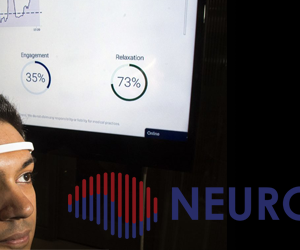How To Enroll Your Dog in a Cancer-Drug Trial
Why pets might make better research subjects than lab animals.
DRUG development is a risky—and costly—business. Many promising compounds fail to cut the mustard when put through clinical trials. One reason is that drugs which work on laboratory animals may not work quite so well in human tests. Being able to pick winners and losers as early as possible would save money, and the One Health Company, based in Philadelphia, thinks it may have found a way. It is offering to help pharmaceutical firms test their wares on sick pets. Its first guinea pigs, as it were, will be dogs suffering from cancer.
There are several benefits, says the firm. By treating animals with existing cancers, it hopes to dodge a problem with modern animal research, which is that the “model” animals and diseases that are used to test drugs are not always good stand-ins for the natural illness. For example, mice used to test cancer drugs may have had their tumours grafted surgically into their bodies, and their immune systems knocked out with drugs or by genetic engineering.
Another plus is that pet owners tend to be dedicated carers who are very knowledgeable about their four-legged companions and are likely to report even small changes in symptoms. Lab animals are checked far less frequently. Owners so far have been keen: the company claims that 64% of those told about the scheme sign up, a very high proportion.
Read the full article here.





